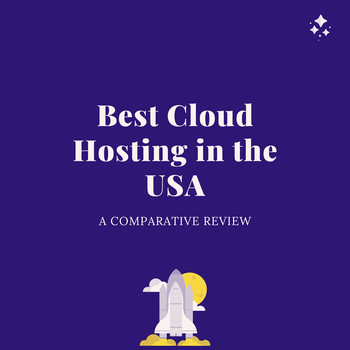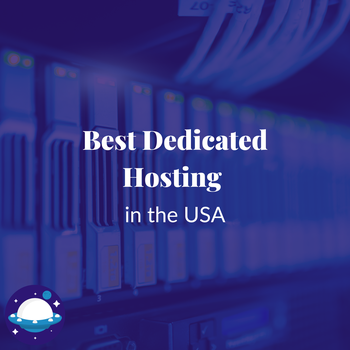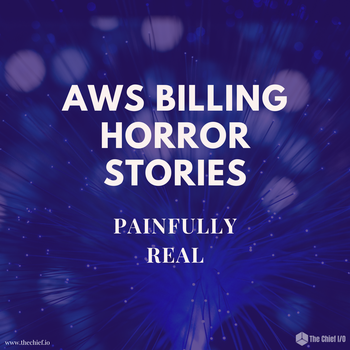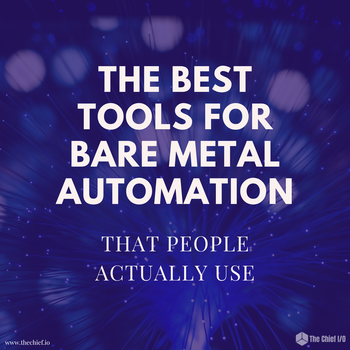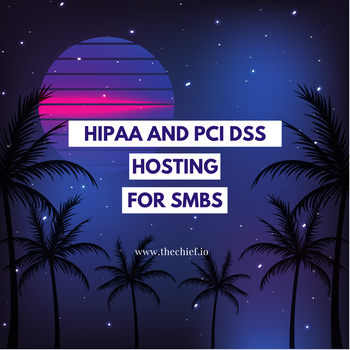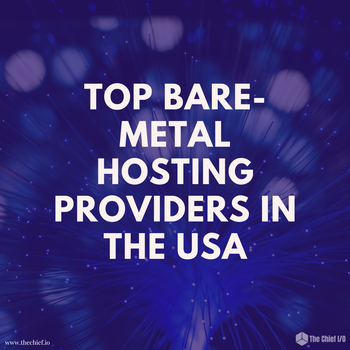Top 5 Virtual desktop Provides in 2022

Here are the top 5 virtual desktop providers who offer a range of benefits such as scalability, mobility, security, and more. Read on to find out which one suits your needs the most
Deploying a virtual desktop solution (VDI) for a firm demands stringent planning, from implementation to functioning. And it all begins with the right virtual desktop provider who can pay attention to all your business needs.
The VDI provider delivers efficient virtual desktops to end users hosted on a stable network. By hosting VDI on cloud, end users can access their business applications on any device globally.
However, finding the best virtual desktop provider can be a challenge. To point you in the right direction, we have ranked the top five providers in today’s market based on features, security, ease of use, and pricing.
Best all-rounder virtual desktop provider thanks to its stack of features, support, and rock-bottom prices
REASONS TO BUY
- Multi-device compatibility, work on any device you want
- 30-day rolling data backup
- Easy configurable
- Customized pricing plans
- Next level security for corporate data
- Round-the-clock customer support, even on public holidays
REASONS TO AVOID
- The pricing plans start for a minimum of 3 users.
Ace Cloud Hosting tops our best VDI provider charts with its appealing GPU-intensive performance, excellent rolling backup setup, preferred apps, and customized packages.
ACE has comprehensive backup that protects corporate information from individual files to folders for easy data recovery after a disaster. Multi-factor authentication and other strict security tools ensure no one can get the faintest sniff of business data. They manage the complex virtual desktops for the end users. The users can leverage the pay-as-you-go subscription model; thus, firms pay only for the resources they use. Their services are business specific, starting from as low as $30.
Ace Cloud Hosting brings an adaptable solution that supports scalable provisioning. Thus, a firm can begin deploying VDI for small number of employees and add more as needed, thus making it a cost-effective solution for startups as well. This means a firm can even implement a BYOD approach that can reduce the expenses of business-provisioned endpoints.
2.Amazon Workspaces (AWS)
Best for out of the box scalability and security
REASONS TO BUY
- Key Management Service (KMS) to protect company data
- Easy allocation of resources
- Integration with Microsoft Active Directory
- Easy to use
REASONS TO AVOID
- Restricts users to Linux or Windows
Amazon workspace is a secure virtual desktop service that can be deployed either on Windows or Linux operating systems in a few minutes. Firms can opt for hourly and monthly payment options.
One of its prominent features is the reduction of most administrative tasks comprising deployment, updates, maintenance, and more. This helps teams overcome IT roadblocks by abstracting all desktop provisioning tasks.
3.Citrix Virtual Apps & Desktops
Best VDI for multi device compatibility
REASONS TO BUY
- Easy to use
- Any device compatibility
- Custom pricing model
- High-end security
REASONS TO AVOID
- Highly skilled implementation process
- Minimum users are limited to 25.
- Users may encounter troubleshooting issues
Citrix Virtual Apps & Desktops is a comprehensive VDI service that allows users to work anywhere and from any network. This solution suits any screen size; therefore, users can enjoy maximum navigability. Its automated client configuration enables users to establish the best connection path for seamless performance. With the Citrix solution, users can work on heavy graphics-oriented applications without sacrificing performance. Citrix solution uses HDX technology to offer a better experience of video and audio.
Citrix offers precise control over virtual machines, licensing, applications, and security. The virtual desktops are encrypted with several adaptive rules allowing businesses to operate from anywhere and on any device, regardless of the operating system. Simply, it eliminates the need to hire an IT resource to handle VDI in-house.
4.Evolve IP
Strong-on cost-effectiveness with some pleasing add-on features
REASONS TO BUY
- Suits varying needs of different user base
- Eases scalability
- Cost efficiency
REASONS TO AVOID
- Troubleshooting issues
Evolve IP brings a secure virtual desktop environment that gives a similar experience to a PC. Here users get a completely managed infrastructure while ensuring that it meets the needs of end users. It helps users reduce IT budgets as the experts manage, update, and secure the infrastructure.
Although infrastructure management is with them, the user can still get their desktops customized. Thus, it can be fully configured as per specified RAM, storage, and applications. This enables users to have a seamless experience, whether remote or in-office.
5.IBM
Strong on collaboration with some pleasing security touches
REASONS TO BUY
- On-demand access
- improved collaboration
- Ground-up security
REASONS TO AVOID
- Unsatisfactory backup
- No add-on features for customization
IBM is an industry-grade solution with fully featured virtual desktops for mobile workforces. Its robust functionality streamlines and simplifies sensitive systems from intrusions. In a nutshell, IBM enables virtual desktops on Internet-compatible devices—regardless of specifications. It accommodates VDI for an existing thin client. With this platform, it is easy to customize operations and scale as per business needs. IBM is a flexible solution that secures company data and applications without harming employees' productivity. This blocks the unauthorized access of an intruder into the network.
THE BOTTOM LINE
Desktop virtualization is a critical technology for major business lines, especially those with remote work models; it has become a need. After looking at the top 5 virtual desktop providers, including Citrix, Ace Cloud Hosting, IBM, and more, we hope you have got an idea of best-in-class services.
Every service provider has a specific benefit that it offers to the enterprises, which can be security, flexibility, scalability, and backup support. So, before you choose one, ensure that they can meet your enterprise-level needs.
Get similar stories in your inbox weekly, for free
Share this story:
Latest stories
Best Cloud Hosting in the USA
This article explores five notable cloud hosting offers in the USA in a detailed way.
Best Dedicated Hosting in the USA
In this article, we explore 5 of the best dedicated hosting providers in the USA: …
The best tools for bare metal automation that people actually use
Bare metal automation turns slow, error-prone server installs into repeatable, API-driven workflows by combining provisioning, …
HIPAA and PCI DSS Hosting for SMBs: How to Choose the Right Provider
HIPAA protects patient data; PCI DSS protects payment data. Many small and mid-sized businesses now …
The Rise of GPUOps: Where Infrastructure Meets Thermodynamics
GPUs used to be a line item. Now they're the heartbeat of modern infrastructure.
Top Bare-Metal Hosting Providers in the USA
In a cloud-first world, certain workloads still require full control over hardware. High-performance computing, latency-sensitive …
Top 8 Cloud GPU Providers for AI and Machine Learning
As AI and machine learning workloads grow in complexity and scale, the need for powerful, …
How ManageEngine Applications Manager Can Help Overcome Challenges In Kubernetes Monitoring
We tested ManageEngine Applications Manager to monitor different Kubernetes clusters. This post shares our review …
AIOps with Site24x7: Maximizing Efficiency at an Affordable Cost
In this post we'll dive deep into integrating AIOps in your business suing Site24x7 to …
A Review of Zoho ManageEngine
Zoho Corp., formerly known as AdventNet Inc., has established itself as a major player in …


